Being a facilities or property manager comes with a lot of legal responsibilities. There are many areas that need your attention on a day to day basis, which means some of the annual checks can slip through the cracks. But the reality is simple – if you have a commercial property with any kind of gas appliance, it’s a criminal offence not to have a valid Gas Safety Certificate. These certificates need to be done once a year, and are often best done at the same time as your boiler service for convenience. But we know it’s all too easy to forget it needs doing, which often means rushing to find a technician who can do it before the deadline. This can lead to some difficult situations for you, so we wanted to talk about what a commercial gas safety check is, and why quick and cheap really isn’t your best option.
What Goes Into A Gas Safety Check
You may think that a gas safety check is just someone coming to look at the boiler in your building and make sure it’s all working properly and not leaking carbon monoxide into the air. And while domestic gas safety checks are often centred around the boiler (while covering other things as well), a commercial check is a lot more involved. This is partly because the systems used for commercial buildings are bigger and more complex, but also because there are more people using the building and the risk is higher if something were to go wrong. So a good commercial gas safety check will actually cover your entire site, including:
- All boilers
- All appliances in the building, including alarms
- All meters on the premises
- All pipework connected to the gas system
When a technician comes to do these checks, they will do the following on every single one:
- A visual inspection
- Functionality test
- Pressure tests
- Operation tests
This takes a lot of time, but it’s the best way to ensure your building is safe and your gas systems in full working order.
Why Cheaper Isn’t Better
When it comes to gas safety certificates many facilities managers are guilty of leaving it to the last minute, or for looking for the cheapest option rather than the best one. Both of these are understandable given how much these roles require you take on, but they are both incredibly bad decisions that will often come back to bite you in the future.
You see, you will find a lot of companies out there who are offering quick and cheap gas safety certificates for commercial properties. They will come onto your site for half an hour, do a few checks and issue you with the official certificate that means you can prove you met your legal obligations. But the thing is, you didn’t actually meet your obligations at all. As we proved above, a proper gas safety check isn’t just making sure the boiler’s working and there isn’t a leak in your system. It’s a comprehensive check of your entire system to make sure everything is safe, up to code and to flag up any maintenance issues that need to be addressed before they become a bigger problem. That takes a couple of hours to do, and doesn’t cost £50. So you haven’t really got a valid Gas Safety certificate, even if you’re physically holding one.
Contractors that offer this kind of quick and cheap GSC service will often make mistakes because they are rushing to fit in as many as they can, often to cover their own liabilities if they are working on the building in general. So while it might save you a little money in the short term, it’s putting the health and wellbeing of the people in your building at risk, potentially invalidating your insurance, and costing you a lot of money further down the line.
At Bonus Eventus Maintenance, we spend a lot of our time correcting the mistakes of other technicians, particularly when it comes to gas safety checks. We understand the importance of having a comprehensive annual check done, and endeavour to provide you with the best quality service and official documentation to back it up. We carry out gas safety checks for all commercial premises, so if yours is due, or you think you may need to have your appliances rechecked, just get in touch with the team today.
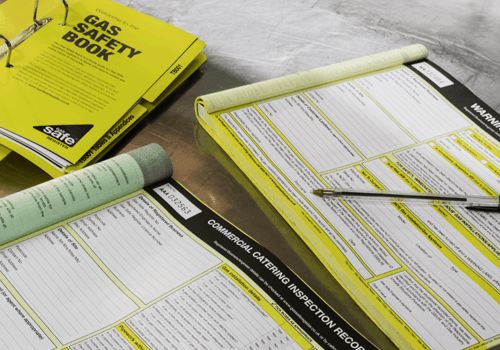
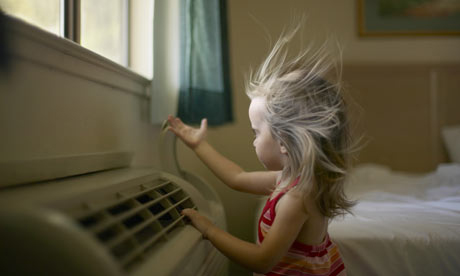
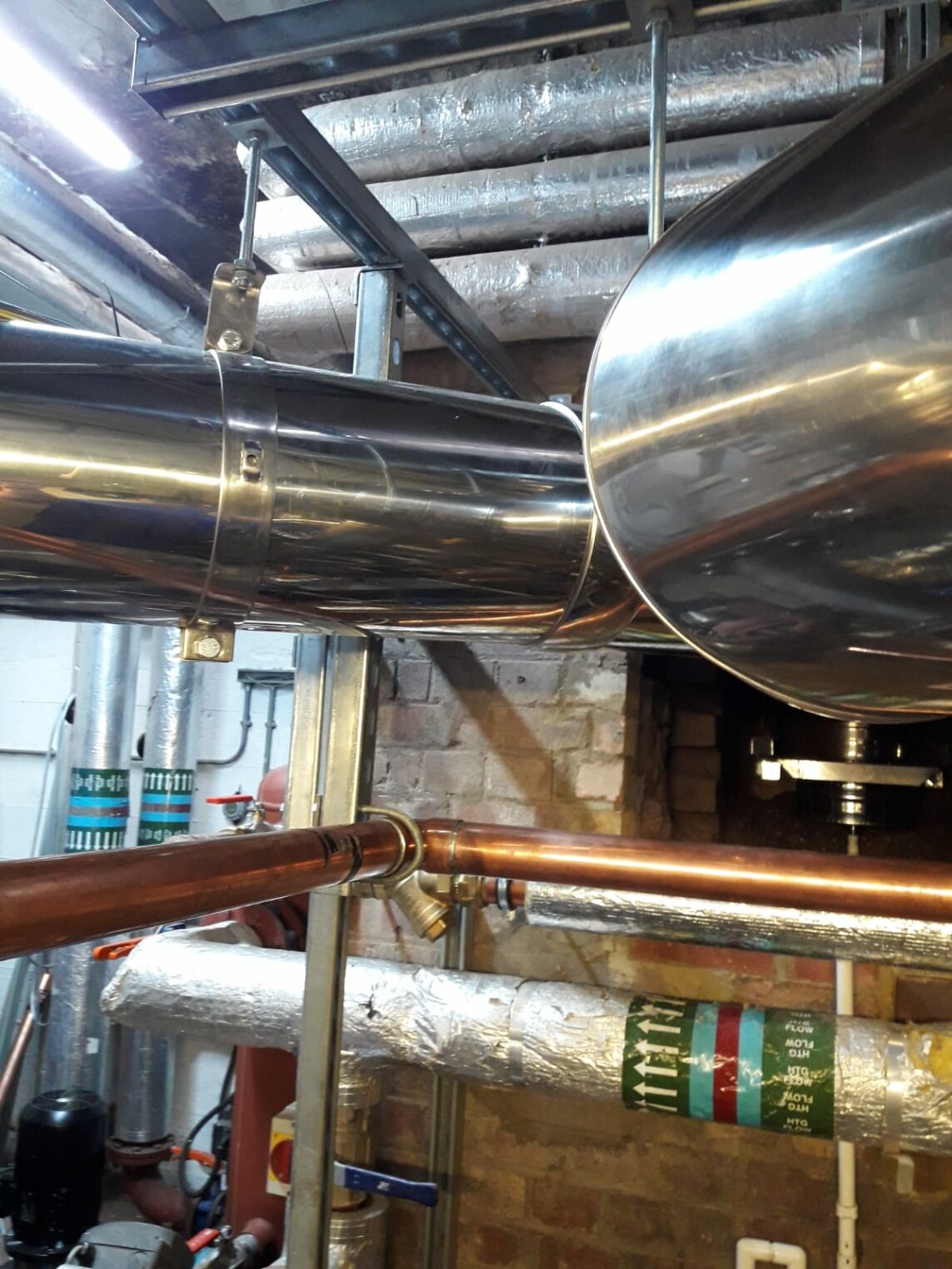

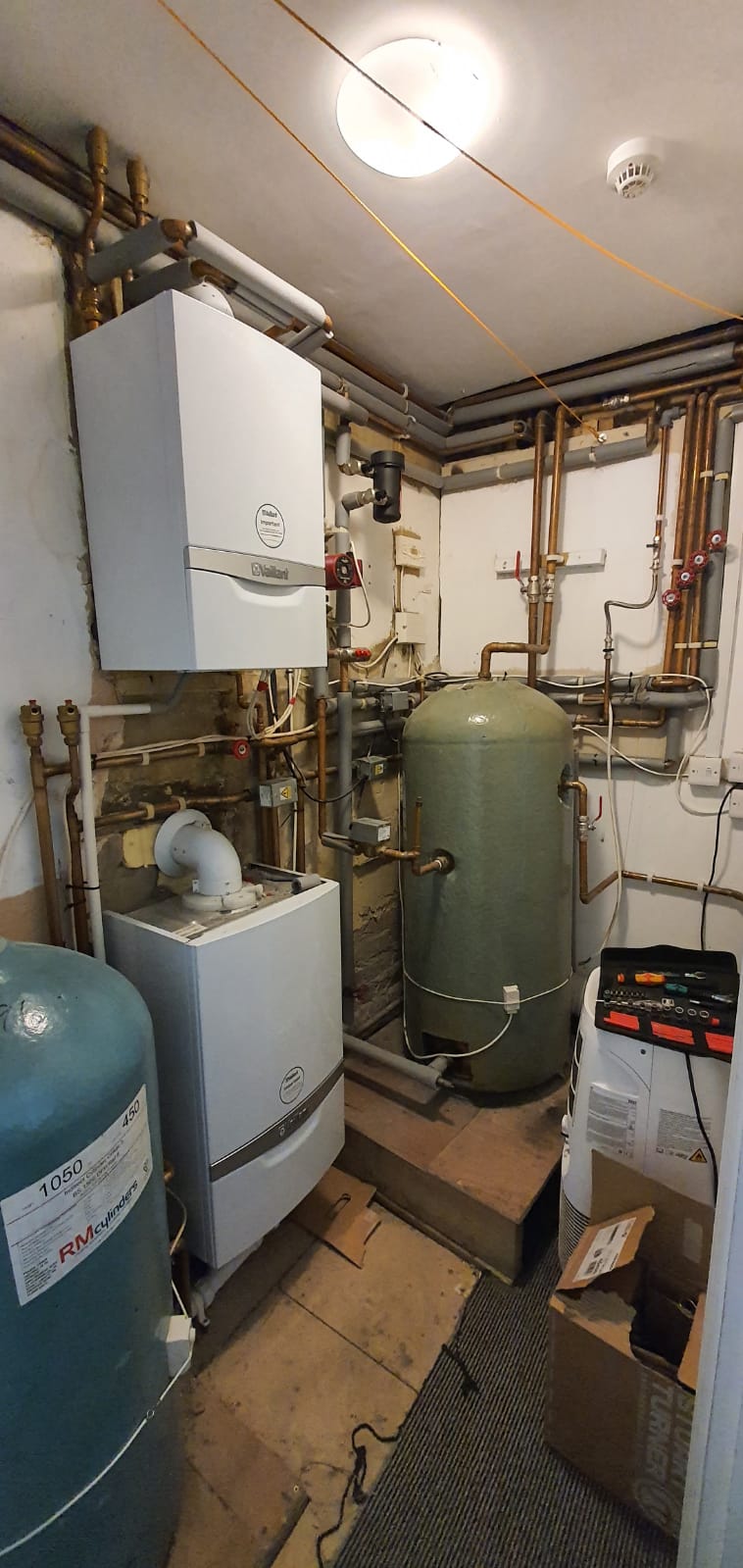
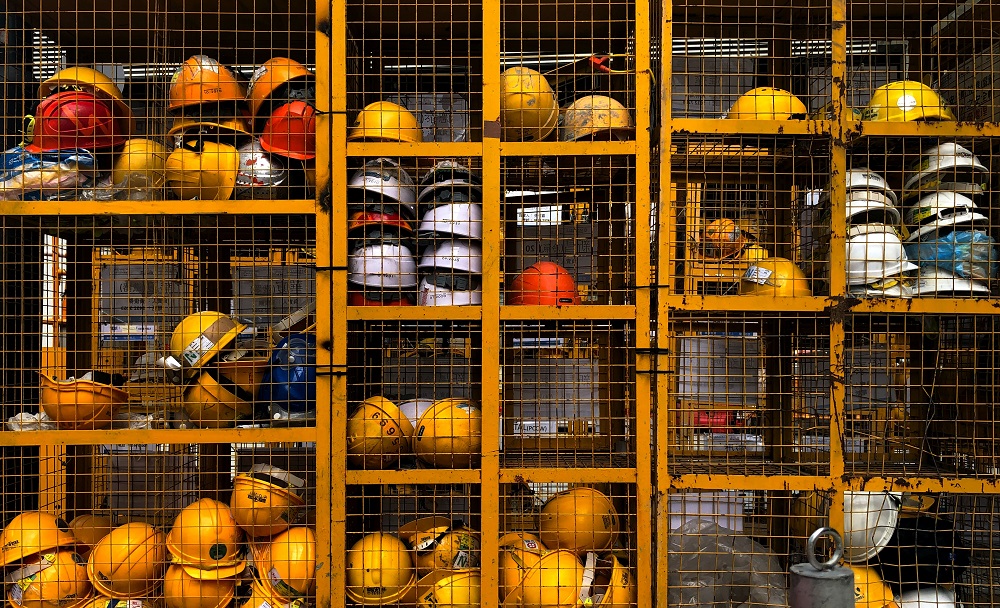
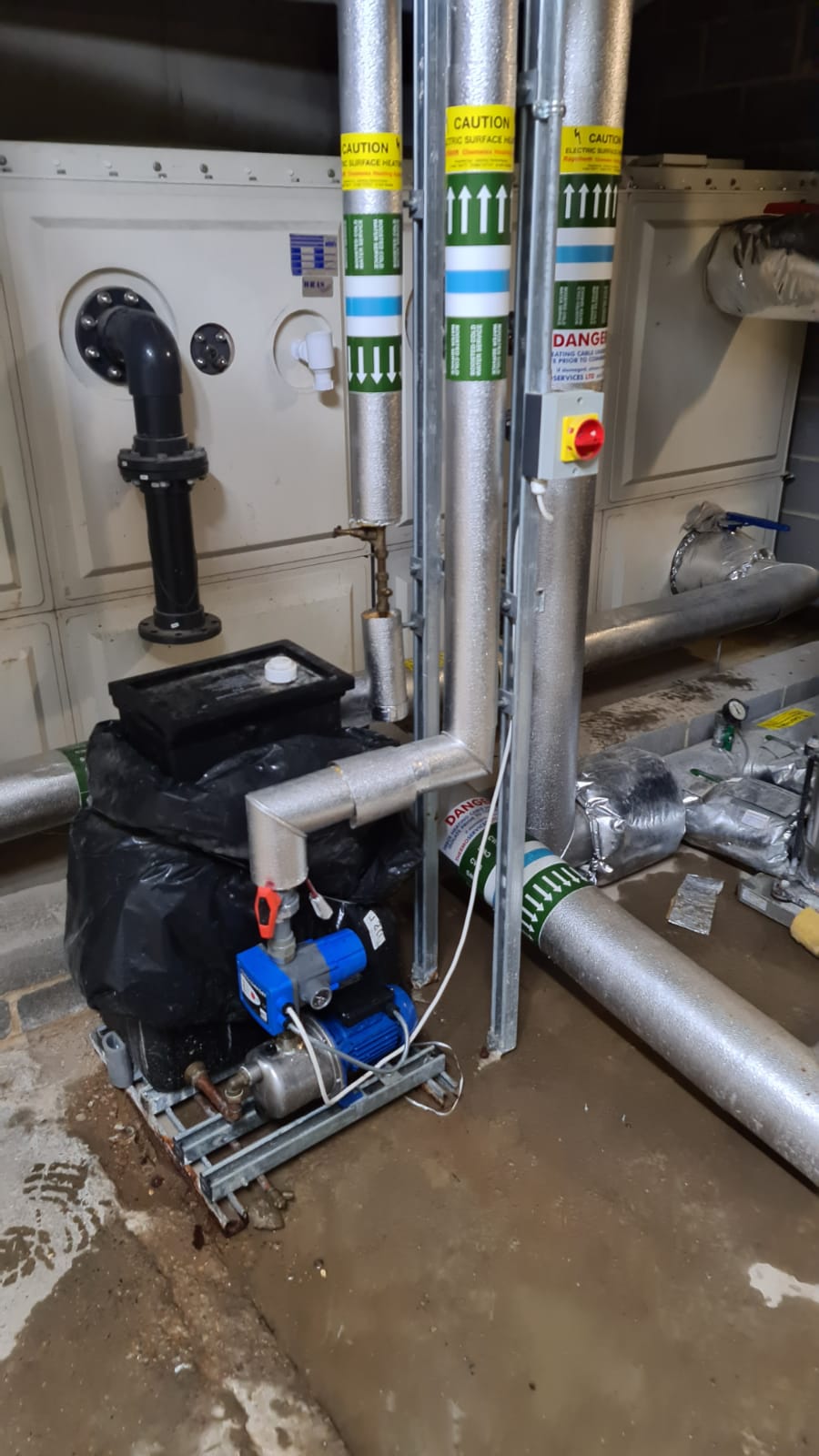
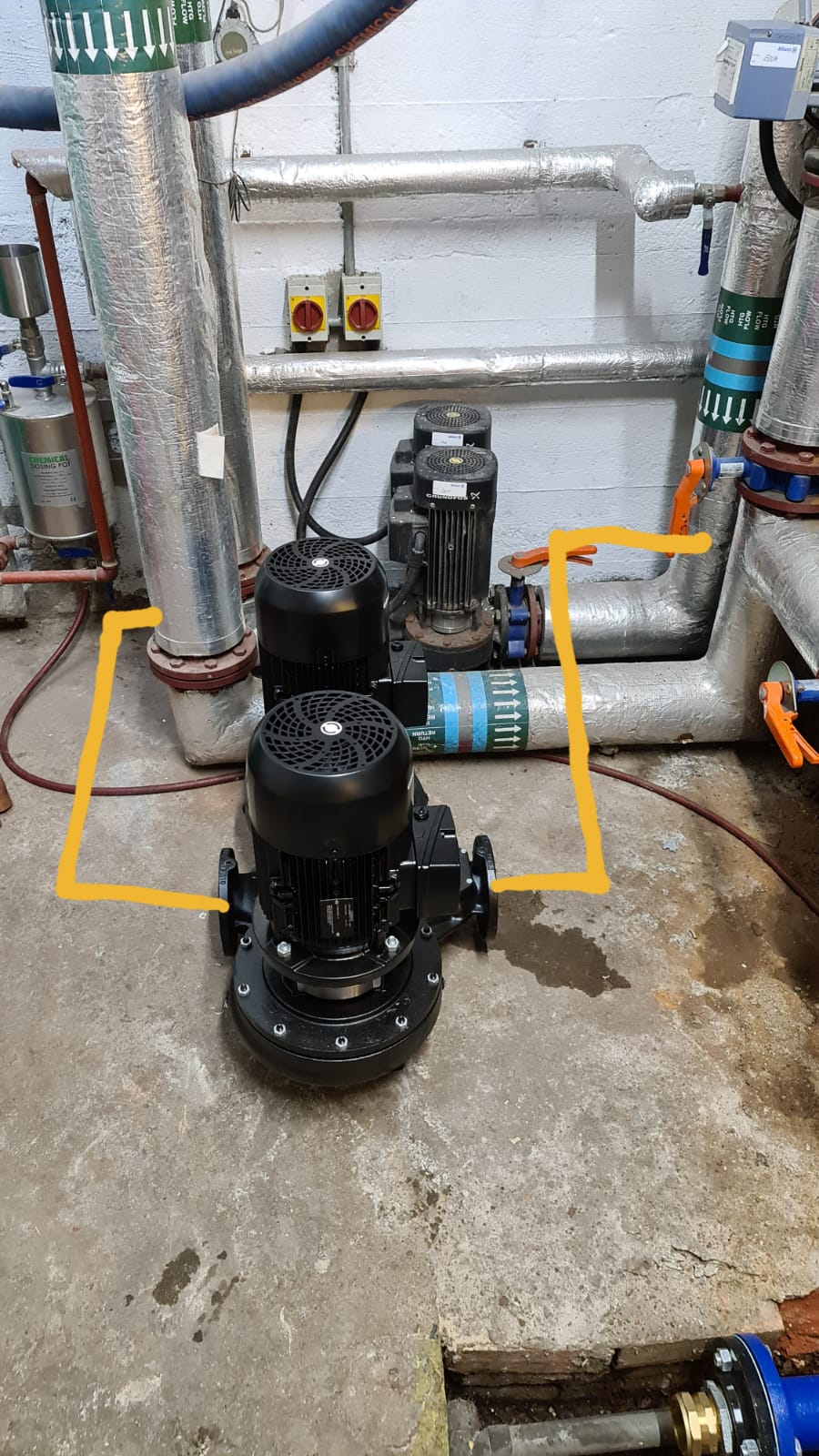
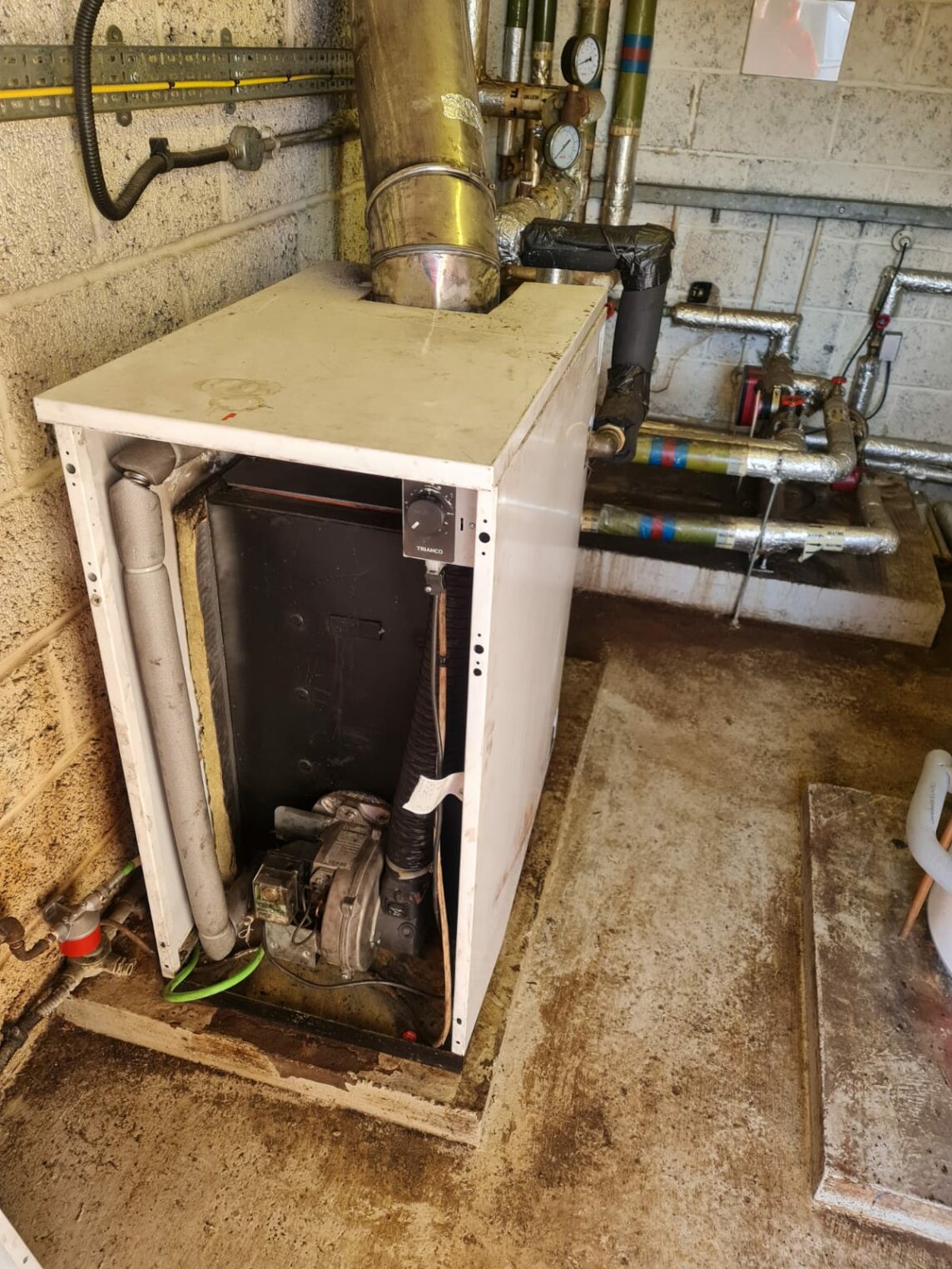
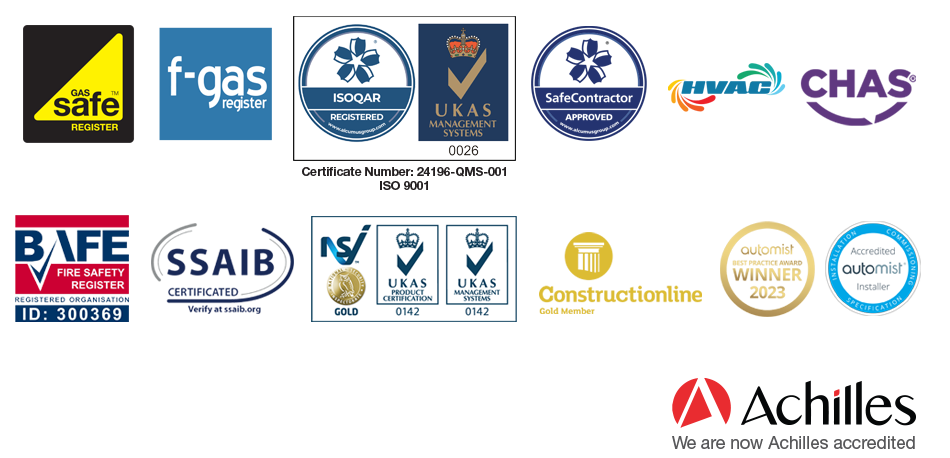
By
Bonus Eventus
in
HVAC Maintenance 24/7/365 call
HVAC Maintenance 24/7/365 call out